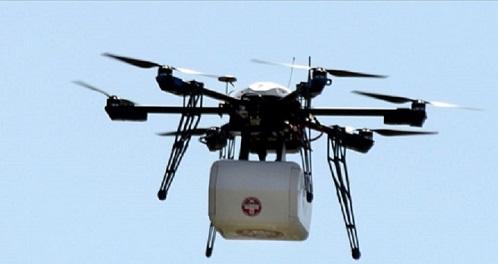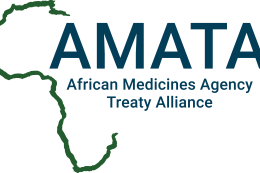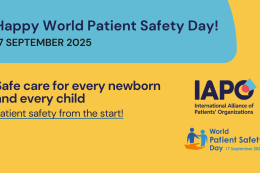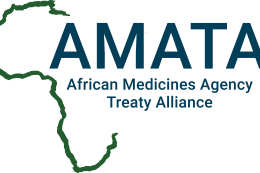Rwanda turns to drones to deliver vital blood supplies

Through a partnership with the Government of Rwanda, Zipline, a Silicon Valley Start-up will deliver all blood products for twenty hospitals and health centers starting this summer, improving access to healthcare for millions of Rwandans. On demand, the drones are expected to make around 150 deliveries of blood to 21 facilities each day, according to Zipline, the company behind the project.
How it Works
A health worker can place an order by text message. Within minutes, a Zip is prepared and launched into the sky. Racing along at 100 km/h, Zip arrives faster than any other mode of transport, no pilot required. The medical products are then dropped off, landing gently and accurately at the health facility in an open area the size of a few parking spaces.
The drones are shaped like a fat-bellied miniature plane with a two-metre wingspan. They are battery-powered with a range of about 150km, weigh 13kg and can carry a cargo of about 1.5kg, or three bags of blood. The drones are fired into the air using a catapult and deliveries are made using a biodegradable parachute.
How technology is transforming lives
Rwanda’s use of technology to tackle development challenges is something other developing countries should emulate -the World Bank President Dr. Jim Yong Kim has said. According to Dr Jim Yong Kim, the project should be scaled up particularly in the developing world.
“This is really genius. The Zipline drones are designed to fly ten times faster than typical drones and are able to deliver blood anywhere from about 10 to 15 US dollars per unit delivery which is without a question affordable. It should just be in every country in the world,” Dr. Kim said, in March this year, during his visit to the Zipline drone port in Muhanga District, the country’s Southern Province.
Despite the fact that technology is disrupting the job market in developing countries, Dr Kim pointed out that it is also creating a positive impact on society.
“This is what we need. This is the first time this has ever been done in the history of the world by using the very latest technology to leapfrog generations and help the people of Rwanda meet their aspirations,” Dr. Kim noted.
He urged expanded use of the drones to include other kinds of emergency drugs, vaccines, as well as how right medication for people having heart attacks, strokes can be delivered faster.
However, in order for the full benefits to be experienced, relevant education and training as well as communicating to our citizens the importance of this new technology needs to be done.
More details.



